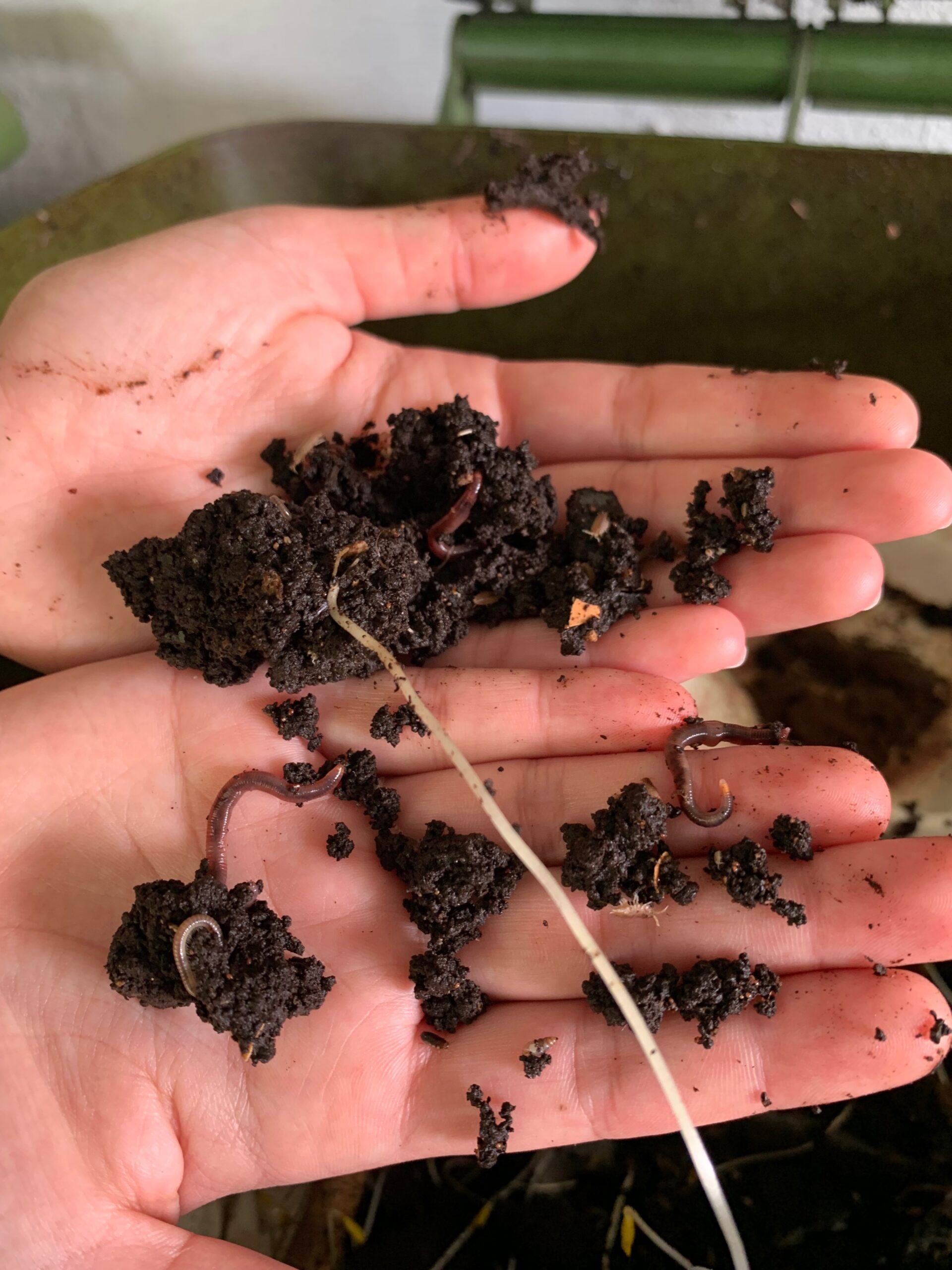Most of us have thrown out food at some point in our life with disregard to where it will actually end up. Maybe we put more food on our plates than our stomachs can handle. Throwing food scraps away may not seem like a big deal, but the steps and resources involved in getting the food onto your plate are then wasted as well. While some feed their food scraps to their pigs or domestic animals, others throw away these scraps which then end up in our landfill. When food scraps enter the landfill, the food waste decomposes and enters the soil and air as methane gas. This type of behaviour can severely damage the environment and surrounding communities. The way that we dispose of our food waste has an impact on our ecosystems.
While food is biodegradable, landfills don’t allow for natural breakdown processes. The breakdown of food requires airflow and landfills are stacked in such a way that air is unable to circulate through the various layers of rubbish. Composting and worm farming speeds up that process and produces many benefits. When you toss your food scraps into a compost bin or worm farm, you are creating a nutrient-rich fertiliser and eliminating the use of chemical fertilisers. Disposing of your food scraps in a composting bin or feeding leftovers to your farm animals is a far superior alternative to throwing it away. This is the best way to keep food waste from piling up in our landfill.
Worm farming is like composting on steroids, it breaks down waste into valuable compost in a much shorter time frame. Worm farming, otherwise known as vermiculture, is the process of using red wiggler worms or indian blue worms to help break down organic waste into the world’s best nutrient-rich fertiliser, commonly known as worm castings and worm tea. Worm tea is a super rich liquid fertiliser that is used to help fuel your garden and pot plants. Farmers and gardeners may often refer to worm tea as liquid-gold. This magical potion gives your plants and vegetables the boost of nutrients they need. You won’t find these ingredients in chemically infused liquid fertilisers. Nothing is better than this recipe from mother nature. While worms are not picky eaters, there are foods that they don’t like so make sure you avoid feeding the worms meat, citrus, onions, and dairy food products. These foods won’t harm your worms but they will avoid them and those scraps will break down and rot in the bin.
Rarotonga has a large-scale composting facility located behind Papaaroa Adventist School that has generated interest over the past 10 years from local farmers and gardeners who are passionate about growing local vegetables and plants in a sustainable and safe way. Accommodations including the Pacific Resort and Little Polynesian have contributed to the composting facility by dropping off their brown waste such as weeds, plants, tree trimmings and leaves. Individuals working at the facility encourage people to compost on their own to start with because you learn to appreciate the process of worm farming and composting more. Worm farming offers the opportunity to make use of natural processes in our homes, within our communities, and on our farms.
Next time you throw your food scraps into the rubbish bin, consider offering them to someone that has pigs or make your own at-home compost bin or worm farm. We need to invest more time into our earth and appreciate the value of food instead of allowing our food scraps to enter the landfill. Te Ipukarea Society has several worm farms and compost bins for sale which would make the perfect Christmas present for anyone with a home garden who wants to go organic.

